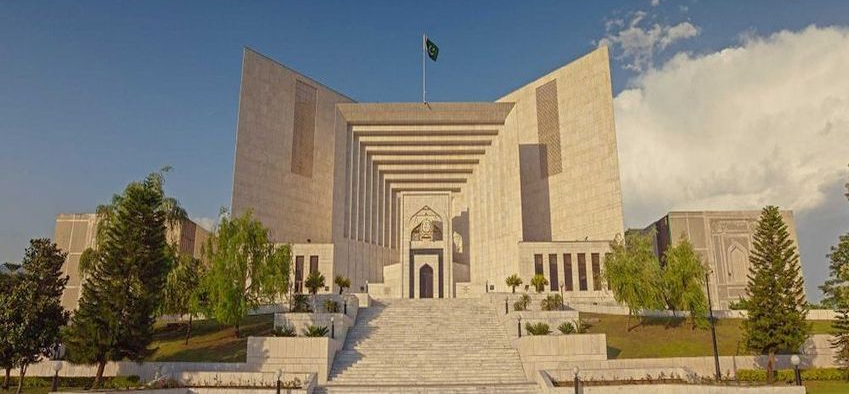The Issue of Limitation is a Mixed Question of Law and Fact, which could not be applied rigidly without fully considering the Factual Circumstances of each case --- Supreme Court of Pakistan
Islamabad 18-09-2024: In a significant development, the Supreme Court of Pakistan has remanded a series of appeals involving several civil servants back to the Sindh Service Tribunal for reconsideration, setting aside the Tribunal’s previous orders that dismissed the appeals on the grounds of limitation.
The case, involving [Civil Petitions No.525-K to 527-K/2024] and [Civil Petitions No.477-K to 511-K/2024], revolves around the appointments of several individuals to various posts within the Education and Literacy Department, Government of Sindh, including Sindhi Language Teachers, Arabic Language Teachers, and Naib Qasids. After undergoing written tests and interviews, the petitioners were appointed, but their salaries were halted without notice, prompting legal action.
The petitioners challenged the non-payment of their salaries and later the dismissal of their appointments by filing appeals with the Sindh Service Tribunal. The Tribunal dismissed the appeals in consolidated orders issued on 19.03.2024 and 30.01.2024, citing that the appeals were filed after the prescribed time limit, rendering them time-barred.
Following these dismissals, the petitioners approached the Supreme Court of Pakistan, arguing that the Tribunal had failed to properly consider the unique facts of each case and had acted hastily without adequate examination.
In a detailed judgment delivered by Mr. Justice Muhammad Ali Mazhar, the Supreme Court of Pakistan found that the issue of limitation in this case was a mixed question of law and fact, requiring a more detailed examination of the dates on which departmental orders were received and appeals were filed. The Court emphasized that limitation could not be applied rigidly without fully considering the factual circumstances of each case.
The Court also highlighted that the Sindh Service Tribunal, constituted under the Sindh Service Tribunals Act, 1973, has the powers of a civil Court and must exercise discretion with reasonableness and fairness. It further noted that procedural rules should assist in the administration of justice, rather than obstruct it, and that technical application of procedural rules should be avoided if it leads to injustice.
Setting aside the impugned orders of the Tribunal, the Supreme Court of Pakistan remanded the case back to the Sindh Service Tribunal. The Tribunal was instructed to reconsider the appeals afresh and thoroughly examine whether the petitioners’ departmental appeals were, in fact, time-barred, after providing both parties with a fair opportunity to be heard.
In support of its decision, the Supreme Court of Pakistan referred to several important legal precedents, including:
- Zia-ur-Rehman Vs. Divisional Superintendent, Postal Services (2009 SCMR 1121)
- Irshad Muhammad Shah Vs. Hesco (2011 SCMR 1717)
- Sajjad Hussain Vs. Secretary, Ministry of Railways, Islamabad (2012 SCMR 195)
- Prof. (R.) Nadeem Hussain Saiyid Vs. Governor, Province of Punjab (2004 PLC (C.S.) 1258)
The judgment reaffirms the principles of judicial discretion, procedural justice, and the fair application of limitation laws, setting a clear precedent for future service-related appeals.
This decision by the Supreme Court of Pakistan provides an opportunity for the affected petitioners to have their appeals reconsidered on their merits, with the Tribunal now required to thoroughly evaluate the specific facts of each case, ensuring that justice is administered fairly and without unnecessary technical barriers.
The legal community will closely watch the next phase of proceedings in the Sindh Service Tribunal, following this pivotal ruling by the Supreme Court of Pakistan.
Powered by Froala Editor








